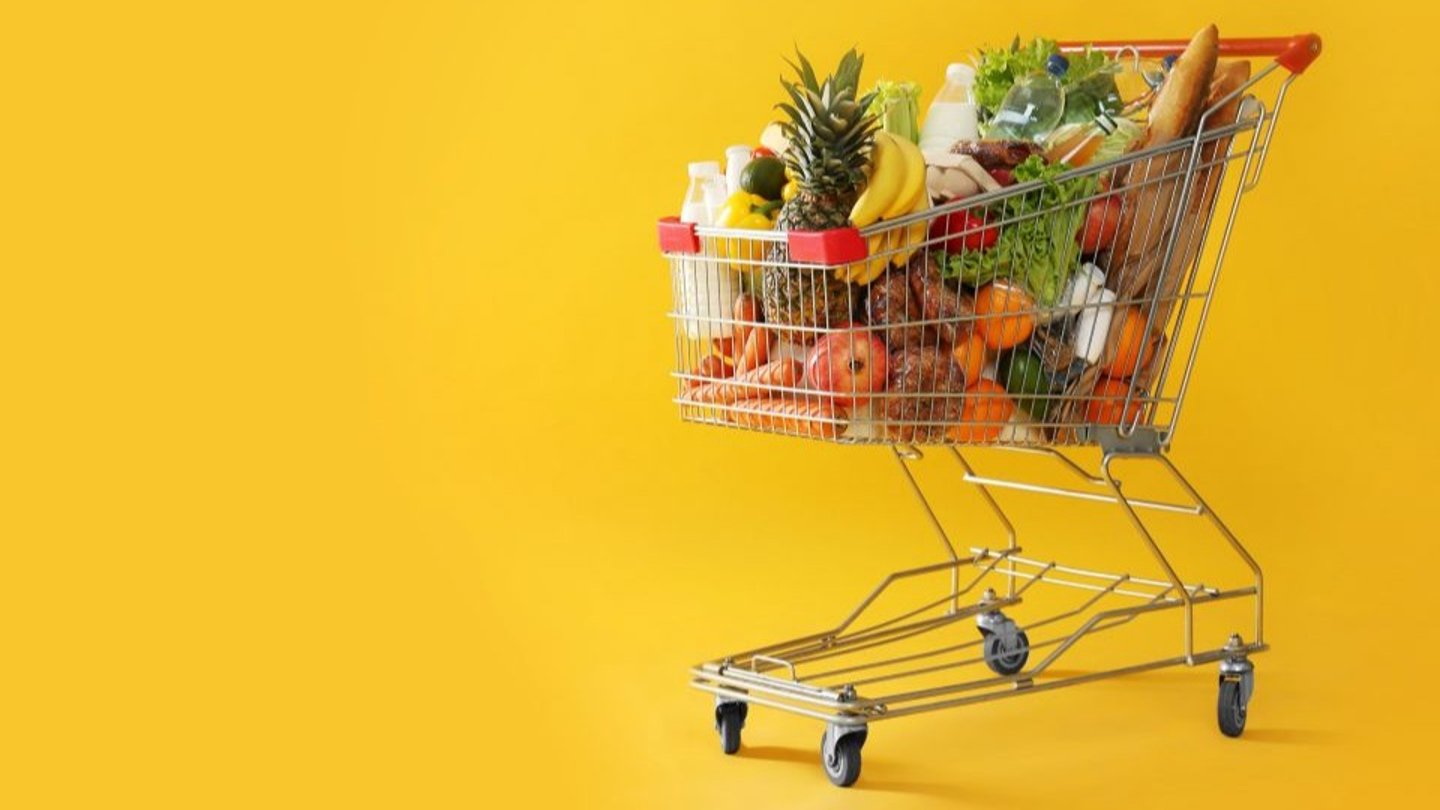Consumer Buying Trends to Shift Amid Rising Grocery Prices: Study
Consumers are shifting their purchasing habits due to concerns about rising grocery prices.
Drawing on insights from more than 6,000 consumers across the U.S., U.K., France, Germany, Australia, New Zealand and the Middle East, a report from Blue Yonder found that 49% blamed new tariffs for driving up prices. Shoppers are seeking ways to offset costs primarily by buying fewer groceries, with one-third saying they’d cut back on alcohol.
Shoppers are also reducing spending in other categories, with 56% of respondents saying they wouldn’t buy as much clothing or footwear. To mitigate costs, 42% of respondents said they would shop at discount or wholesale stores, and 34% said they would switch to private-label brands.
Also: Campbell’s ERP integration could cushion tariff impact
Gen Z and millennials were the most concerned about rising prices, with 46% of Gen Z considering buying more now and stockpiling compared to 28% across generations. Gen Z members also distinguished themselves by being the least willing to cut back on consumer electronics to save money, instead preferring to spend less on personal care or beauty products.
“With most consumers willing to adjust shopping habits in response to grocery inflation and mounting financial pressures, retailers — not just grocers — need to recognize the importance of building trust with shoppers through transparency, targeted promotions and affordability-first strategies,” Ben Wynkoop, Blue Yonder, global industry strategist, grocery and convenience, said in a statement.
Wynkoop also suggested investing in AI- and ML-driven scenario planning and increasing visibility across the end-to-end supply chain can help companies mitigate tariff-related disruptions by increasing agility, resilience and cost savings.






